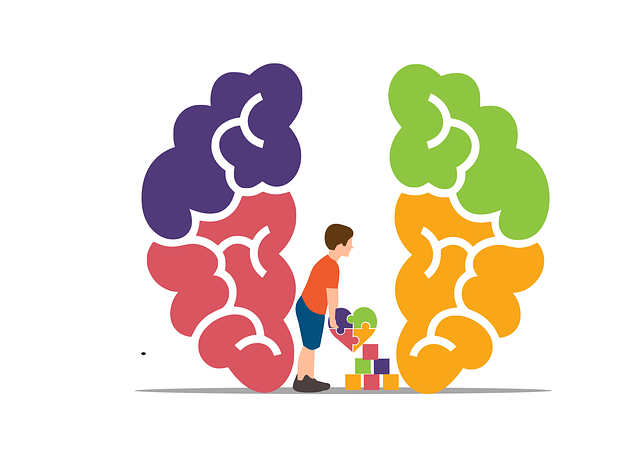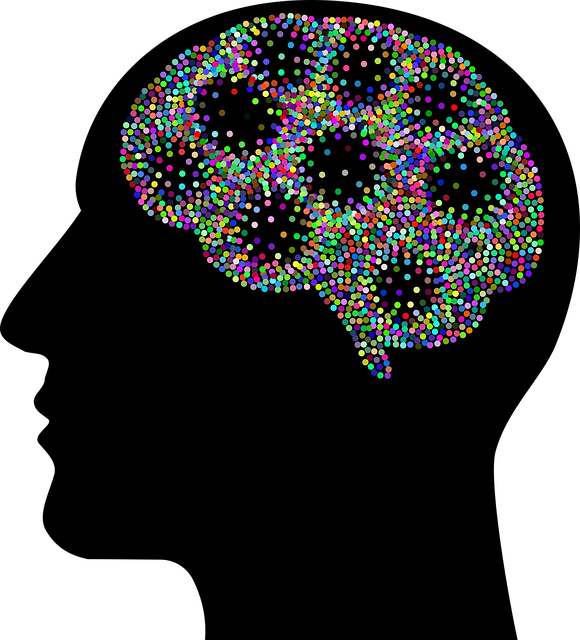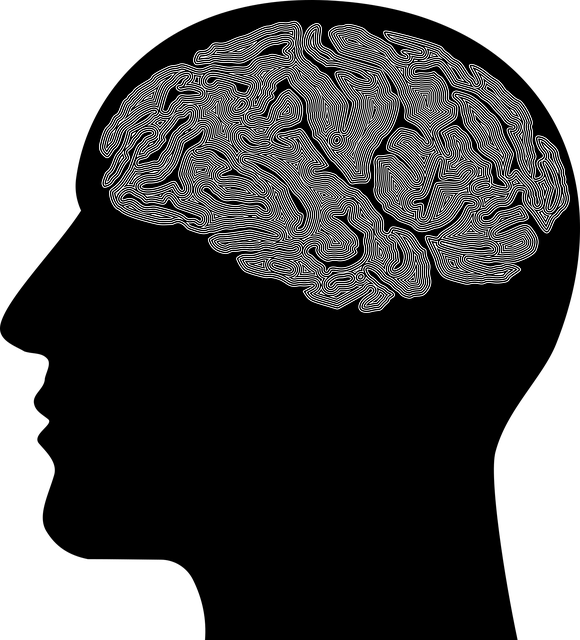Longmont Spiritual-Religious Issues Therapy focuses on understanding how spiritual and religious beliefs impact mental health, using "Mind Over Matter" principles for holistic healing. Through sensitive exploration of clients' emotional landscapes and unique spiritual frameworks, therapists identify vulnerabilities and risks, minimizing harm while promoting healthier emotional expression. This strategic approach involves tailored protocols, self-care routines, regular reviews, client feedback, and outcome analysis to ensure continuous improvement and effective risk management.
In the realm of Longmont Spiritual-Religious Issues Therapy, risk assessment and harm minimization planning are paramount for ensuring client safety and ethical practice. This comprehensive guide delves into crucial aspects of managing potential risks inherent in addressing sensitive spiritual and religious concerns. By understanding risk assessment methodologies, identifying vulnerable populations, and developing robust harm minimization strategies, therapists can foster a secure environment conducive to healing. Through effective implementation, monitoring, and continuous improvement, therapists can enhance client outcomes and uphold the highest standards of care.
- Understanding Risk Assessment in Spiritual-Religious Issues Therapy
- Identifying Potential Harms and Vulnerabilities
- Developing a Comprehensive Harm Minimization Plan
- Implementation, Monitoring, and Continuous Improvement Strategies
Understanding Risk Assessment in Spiritual-Religious Issues Therapy

In Longmont Spiritual-Religious Issues Therapy, risk assessment is a critical process that goes beyond identifying potential hazards. It involves understanding how spiritual and religious beliefs can both mitigate and amplify risks in an individual’s mental health journey. Therapists must navigate the intricate interplay between faith, culture, and mental illness, recognizing that these factors significantly influence a client’s perception of well-being and coping mechanisms. By applying Mind Over Matter principles, therapists can foster environments conducive to healing while respecting the client’s spiritual framework.
This nuanced approach is particularly relevant in addressing the Mental Illness Stigma Reduction Efforts prevalent in many communities, especially when religious doctrines might contribute to or protect against stigma. Therapists skilled in Longmont Spiritual-Religious Issues Therapy are equipped to facilitate conversations that explore these complexities, aiming to integrate mental health awareness and spiritual practices seamlessly for holistic healing.
Identifying Potential Harms and Vulnerabilities

In the context of Longmont Spiritual-Religious Issues Therapy, identifying potential harms and vulnerabilities is a critical first step in risk assessment. Therapists must be attuned to the unique emotional landscapes their clients navigate, especially when addressing spiritual or religious concerns. This involves recognizing how deeply held beliefs can both protect and expose individuals to distressing experiences, potentially leading to mental health complications. By sensitively exploring these territories, therapists can uncover vulnerabilities that may be exacerbating existing challenges, such as anxiety, depression, or traumatic stress responses.
Understanding the interplay between spiritual-religious beliefs, emotional regulation, and overall mental wellness is paramount. Emotional healing processes in this domain are often intricately linked to personal values, cultural identities, and coping mechanisms shaped by one’s faith or spiritual practices. Effective harm minimization planning in Longmont Spiritual-Religious Issues Therapy involves not only acknowledging these complexities but also developing strategies that foster healthier emotional expression and resilience while respecting the client’s religious or spiritual boundaries.
Developing a Comprehensive Harm Minimization Plan

Developing a comprehensive harm minimization plan is an integral step in addressing Longmont spiritual-religious issues therapy. This involves a meticulous process where therapists identify potential risks and triggers specific to each client’s background and beliefs. By employing mindfulness meditation and mind over matter principles, practitioners can create tailored strategies to mitigate these risks effectively.
The plan should encompass various aspects such as communication strategies, crisis management protocols, and aftercare support systems. Effective communication is key; therapists must foster open dialogue, ensuring clients feel heard and understood. This empowers them to process sensitive topics and make informed decisions about their spiritual journeys. Regularly reviewing and updating the harm minimization plan is essential to accommodate evolving client needs and ensure a safe therapeutic environment.
Implementation, Monitoring, and Continuous Improvement Strategies

Effective risk assessment and harm minimization planning in Longmont Spiritual-Religious Issues Therapy involve strategies that ensure continuous improvement. Implementation begins with a thorough understanding of potential risks and hazards, followed by proactive measures to mitigate them. This includes establishing clear guidelines and protocols tailored to the unique context of spiritual and religious therapy settings. By integrating self-care routine development for better mental health into the framework, therapists can enhance their resilience and better support clients.
Monitoring is a critical phase where regular reviews and assessments are conducted to gauge the effectiveness of the implemented strategies. This involves gathering feedback from both clients and therapists, analyzing outcomes, and identifying areas that require adjustments. Conflict resolution techniques play a vital role during this phase, ensuring that any issues or misunderstandings are addressed promptly and constructively. Continuous improvement builds upon these lessons learned, fostering an adaptive and responsive environment where mind over matter principles can be applied to navigate challenges and enhance the overall therapeutic experience.
In the field of Longmont Spiritual-Religious Issues Therapy, understanding risk assessment and implementing harm minimization strategies are paramount. By thoroughly identifying potential harms and vulnerabilities, therapists can develop robust plans to safeguard clients. This includes a comprehensive approach that encompasses implementation, monitoring, and continuous improvement. Adhering to these practices ensures a safe and supportive environment, fostering positive outcomes for individuals navigating spiritual and religious challenges.












